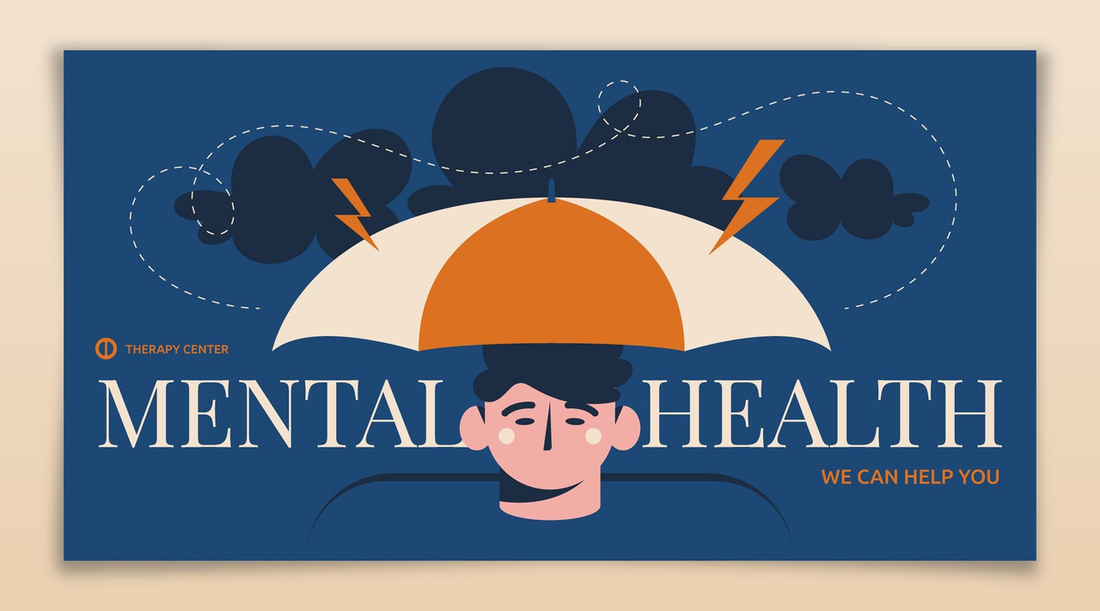Mental health is as vital as physical health, yet it often doesn’t receive the same level of attention. Mental health awareness is essential for creating a society where individuals feel supported, understood, and empowered to seek help when needed. Let’s explore the importance of mental health awareness and how it can make a significant difference in our lives.
1. Understanding Mental Health
Defining Mental Health:
Mental health encompasses our emotional, psychological, and social well-being. It affects how we think, feel, and act, influencing our ability to handle stress, relate to others, and make choices.
Common Mental Health Issues:
-
Anxiety Disorders: Characterized by excessive fear or worry.
-
Depression: Persistent feelings of sadness and loss of interest.
-
Bipolar Disorder: Extreme mood swings including episodes of mania and depression.
-
Post-Traumatic Stress Disorder (PTSD): Triggered by experiencing or witnessing traumatic events.
-
Eating Disorders: Abnormal eating habits affecting physical and mental health.
2. The Stigma Surrounding Mental Health
Breaking Down Barriers:
Stigma and discrimination around mental health issues often prevent individuals from seeking help. By raising awareness, we can break down these barriers and create an environment where discussing mental health is normalized and encouraged.
The Role of Education:
Educational initiatives in schools, workplaces, and communities can help dispel myths and misconceptions about mental health. Understanding that mental health conditions are real, treatable, and common can foster empathy and support.
3. Recognizing the Signs of Mental Health Issues
Early Detection:
Recognizing the signs of mental health issues early can lead to timely intervention and better outcomes. Common signs include changes in mood, behavior, sleep patterns, and appetite, as well as withdrawal from social activities and difficulty performing daily tasks.
Encouraging Open Conversations:
Creating a safe space for open conversations about mental health can encourage individuals to share their struggles without fear of judgment. Listening with empathy and offering support can make a significant difference.
4. Promoting Mental Health Awareness
Community Initiatives:
Community programs and events focused on mental health awareness can help educate and support individuals. Activities like mental health fairs, workshops, and support groups provide valuable resources and connections.
Social Media and Advocacy:
Social media platforms offer a powerful tool for spreading awareness and advocating for mental health. Sharing personal stories, informative content, and resources can reach a broad audience and foster a supportive online community.
5. Supporting Mental Health in Daily Life
Self-Care Practices:
Incorporating self-care practices into daily life can improve mental well-being. Activities like exercise, meditation, journaling, and spending time with loved ones can reduce stress and enhance mood.
Seeking Professional Help:
Encouraging individuals to seek professional help when needed is crucial. Mental health professionals, such as therapists and counselors, can provide the necessary support and treatment.
Workplace Mental Health:
Employers can play a significant role in promoting mental health awareness by creating supportive work environments. Providing mental health resources, flexible work arrangements, and promoting work-life balance are essential steps.




